In a recent statement, Kamal Kharrajhi, an adviser to Iran's supreme leader Ayatollah Ali Khamenei, issued a stark warning regarding Tehran's nuclear policy in response to perceived threats from Israel. Kharrajhi's remarks were reported by Iran's Student News Network on Thursday, shedding light on Iran's potential strategic shift if its existence is threatened.
According to Kharrajhi, while Iran currently has no intention to pursue the development of nuclear weapons, the country could be compelled to reassess its stance if faced with existential threats. He emphasized that if Iran's nuclear facilities are targeted by Israel, Tehran may have no choice but to alter its military doctrine, potentially leading to the development of nuclear weapons as a deterrent measure.
The Supreme Leader of Iran, Ayatollah Ali Khamenei, previously issued a fatwa, or religious decree, prohibiting the development of nuclear weapons, citing them as forbidden in Islam. However, recent escalations in tensions with Israel have prompted discussions within Iran about the possibility of revising this stance.
Last month, concerns emerged regarding a potential attack by Israel on Iran's nuclear facilities and installations. In response, Iran's stance on nuclear weapons development appeared to evolve. Brigadier General Ahmad Haq Talab, the commander of Iran's nuclear facilities safety and security department, asserted that any aggression from Israel could prompt Iran to reconsider its nuclear policy.
Talab emphasized that while Iran's nuclear facilities are currently secure, an attack by Israel would likely prompt a shift in Iran's nuclear doctrine. He warned that such an event could lead Iran to pursue the development of nuclear weapons, a departure from its previous stance.
These statements underscore the heightened tensions between Iran and Israel, with the prospect of nuclear proliferation adding a new dimension to their longstanding conflict. As international observers monitor the situation closely, the possibility of a significant policy shift in Iran's nuclear strategy remains a subject of concern and debate.



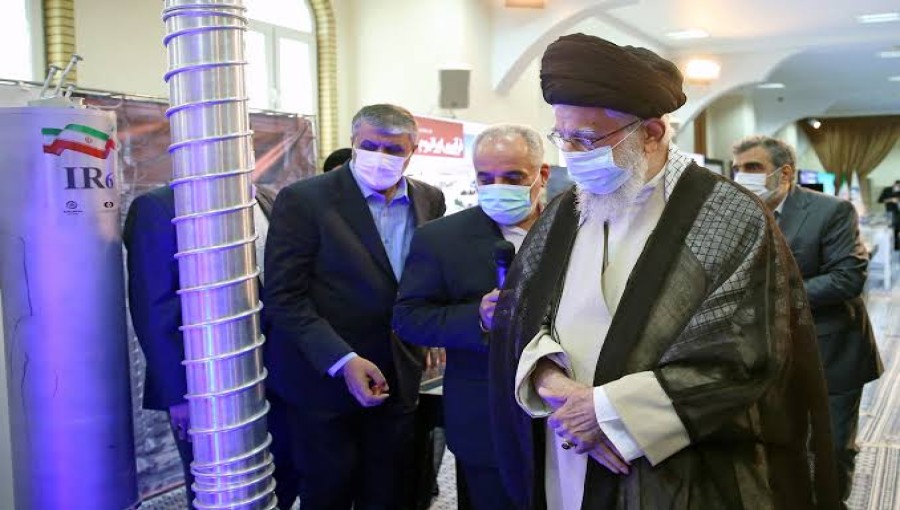






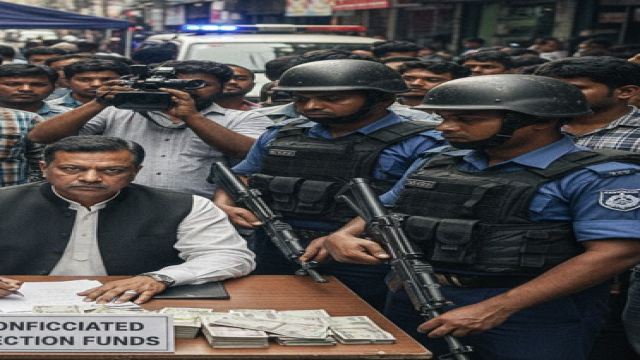
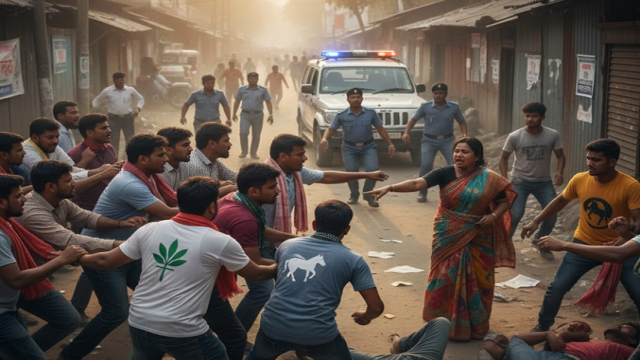
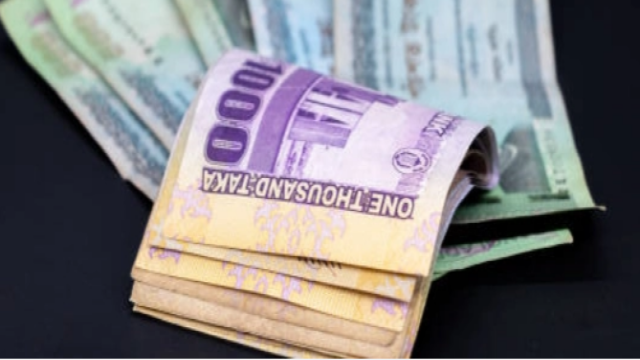
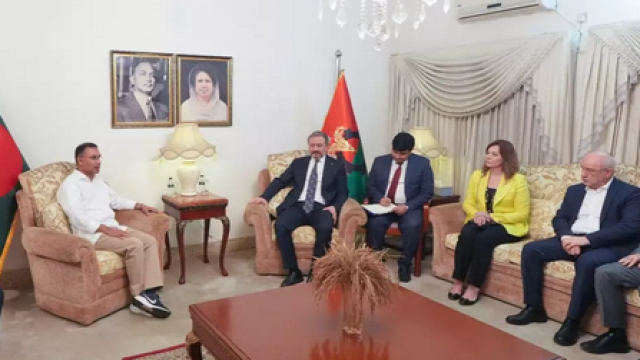

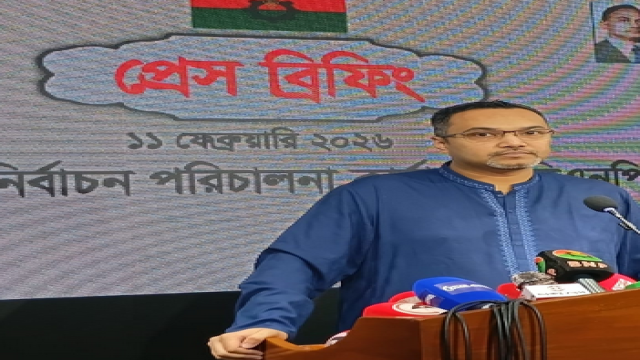
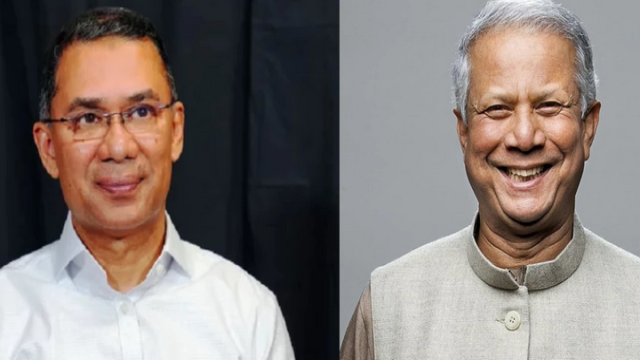
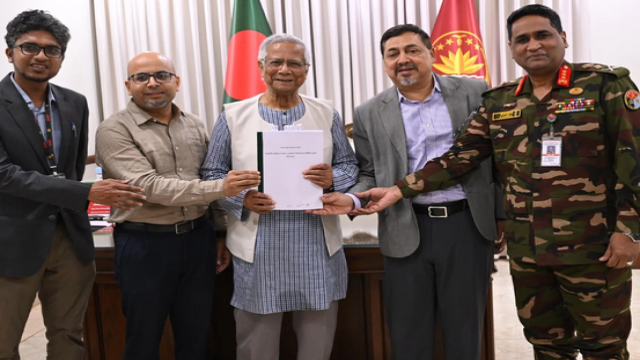
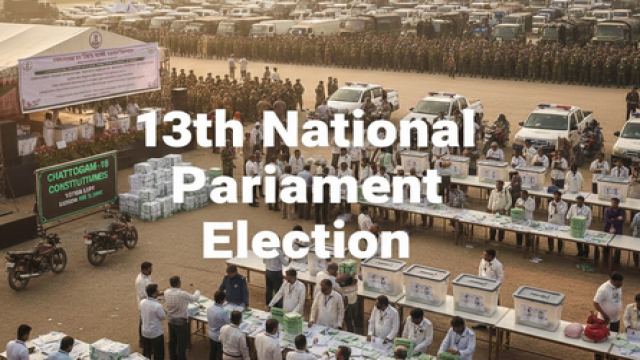
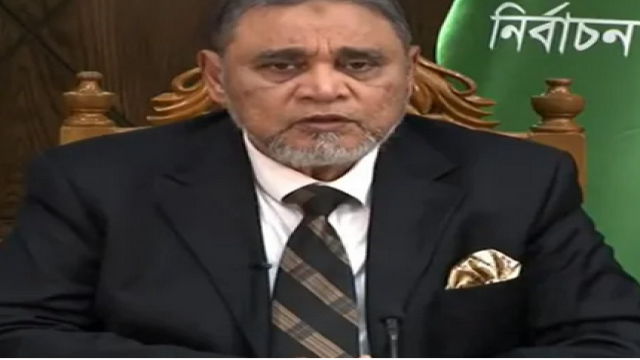











Comment: